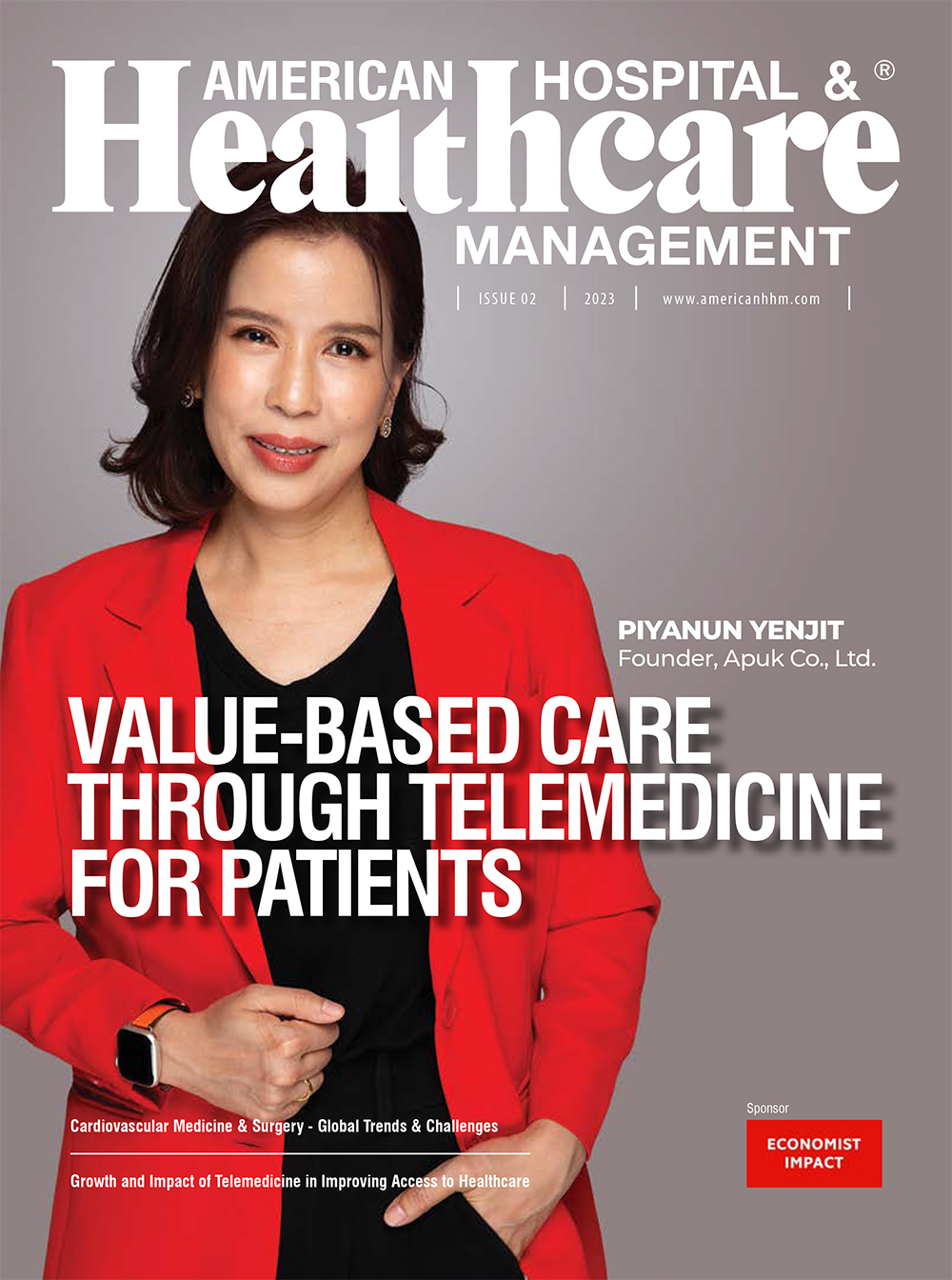

Piyanun Yenjit, Founder & Managing Director at APUK Co.,Ltd.
In an interview on KOL strategies for healthcare innovation, Piyanun Yenjit emphasises the importance of KOLs who bridge the gap between research, clinical practice, and patient outcomes. She highlights the evolving role of KOLs, stressing the blend of traditional expertise and digital platforms. Yenjit highlights the need for KOLs with real-world implementation experience to drive innovation and improve patient care. She also discusses regional variations, the importance of patient-centric approaches, and the potential of emerging technologies, while emphasising the ethical responsibility of KOL engagement.
1. In today’s healthcare landscape, what evolving role do you see Key Opinion Leaders (KOLs) playing in accelerating innovation, particularly in bridging the gap between research, clinical practice, and patient outcomes?
In my view, there are different types of Key Opinion Leaders in healthcare today. Some are recognised for both their academic knowledge and their proven real-world implementation. These leaders act as true bridges between research, clinical practice, and patient outcomes because they can share practical lessons, both successes and failures, that drive real innovation.
On the other hand, some build visibility through reading and public speaking, often across multiple platforms. While they may contribute valuable theoretical perspectives and engagement, their ability to influence real-world change is more limited.
I believe the evolving role of KOLs is not just about visibility, but about accelerating the adoption of innovation that directly benefits patients. Those with hands-on implementation experience will continue to play the most critical role in ensuring that knowledge translates into measurable improvements in care.





